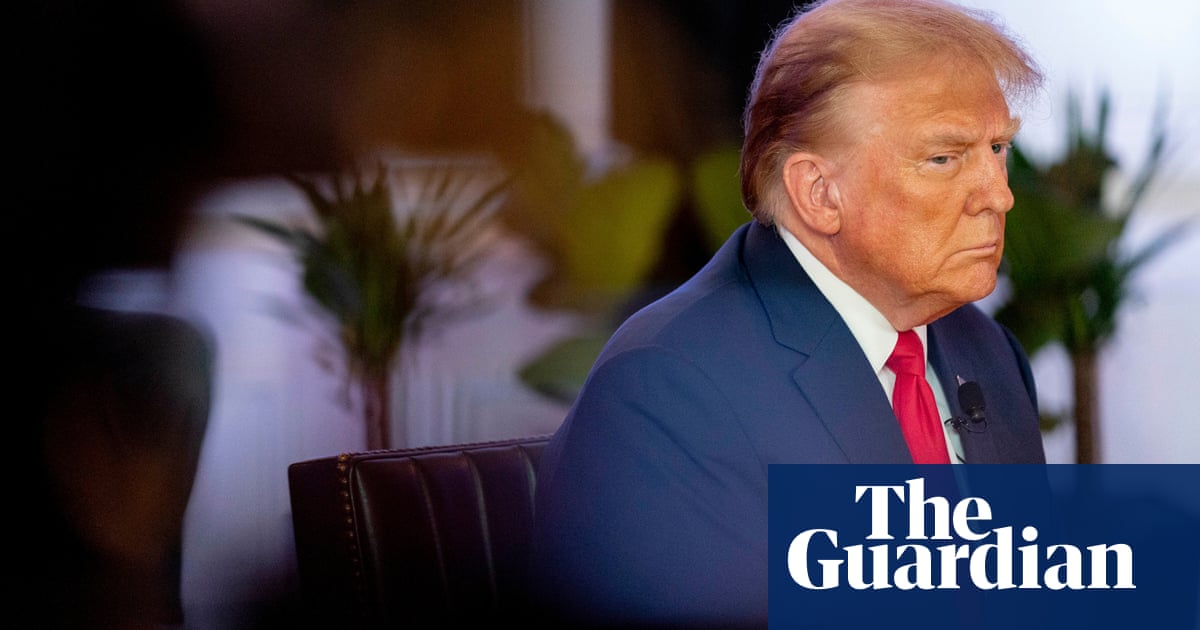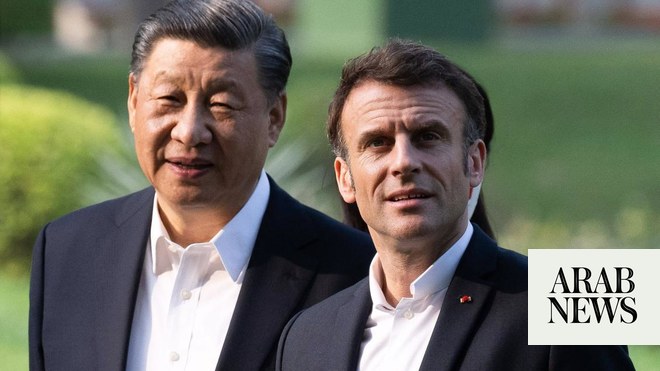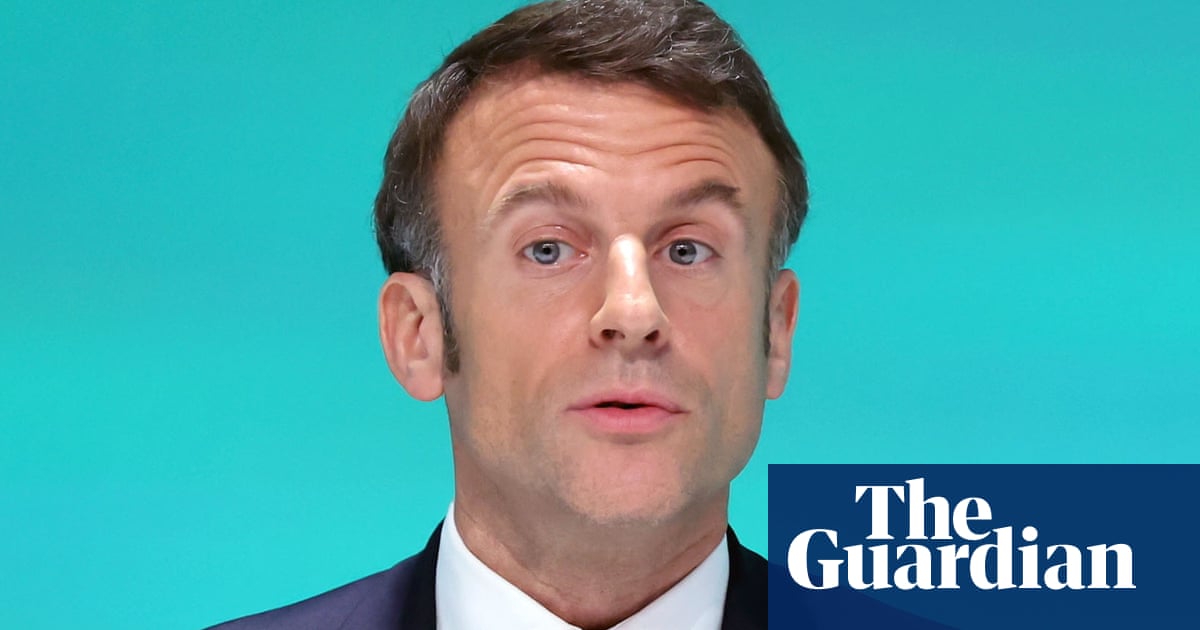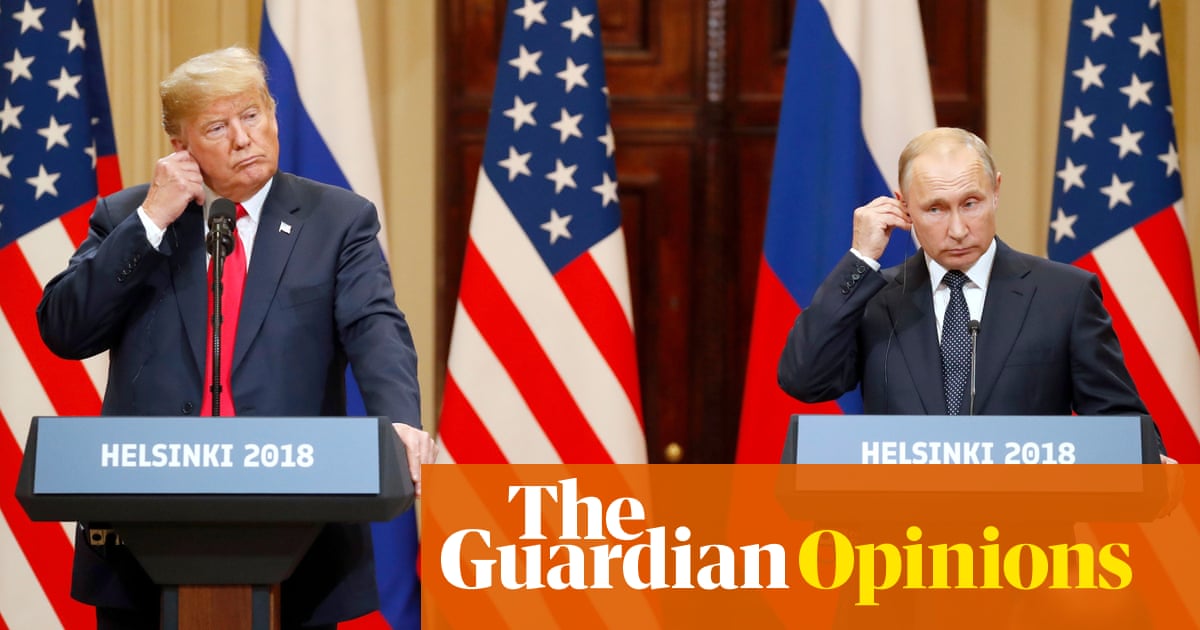
Emmanuel Macron has warned that Europe must become more independent for its own defence and to ensure energy supplies after Russia’s invasion of Ukraine.
The French president said the conflict had “changed the era” across the continent and that he would be calling a summit of European leaders next week to discuss how to address the “unprecedented challenge” it created.
In a 14-minute address on prime-time television, he warned France faced upheaval and higher prices and that the country and its European partners had to invest to wean themselves off Russian gas and become self-sufficient in energy production as well as address defence issues and questions about food production.
“We can no longer depend on others to feed us, care for us, inform us, finance us,” Macron said. “We cannot depend on others to defend us, whether on land, at sea, under the sea, in the air, in space or in cyberspace. In this respect, our European defence must take a new step forward.”
He added: “War in Europe no longer belongs in our history books or schoolbooks, it is here, before our eyes. Democracy is no longer considered an unquestionable system, it is questioned, before our eyes. Our freedom, that of our children, is no longer a given.
“To this brutal return of tragedy in history, we must respond with historic decisions.”
Macron, who last month had shuttled between Moscow and Kyiv attempting unsuccessfully to prevent the Russian invasion, placed the blame for the war firmly in Putin’s hands, saying Europe and Nato had “done everything to prevent it”.
“President Putin chose war … alone, in a deliberate manner and by going back on engagements made to the United Nations. This war is not a conflict between Nato and the west on one side and Russia on the other; there are no Nato troops or bases in Ukraine. That’s just lies. Russia is not being aggressed, it is the aggressor,” he said.
“This war is even less what the unfounded propaganda would have you believe, a fight against Nazism. That’s a lie; an insult to the history of Russia and Ukraine, to the memory of our elders who fought side by side against the Nazis. Russian leaders are attacking the memory of the Holocaust in Ukraine as they attack the memory of the crimes of Stalinism in Russia,” Macron added.
He accused Putin of having a “revisionist reading of the history of Europe that wants to take us back to the darkest hours of empire, invasions and exterminations”.
Macron has said France will welcome Ukrainian refugees and he described the Ukrainian president, Volodymyr Zelenskiy, as “the face of honour, of liberty, or bravery”. The president’s sombre and statesmanlike address on Wednesday evening came as he is expected to announce he is standing for re-election. Candidates have until 6pm French time on Friday to declare.
The most recent opinion poll, carried out before his national address, suggests the president is enjoying an unprecedented surge in support, with 28% of voters saying they will support him in the first round election next month, well ahead of his closest rival, the far-right candidate Marine Le Pen, on 17%.
However, Macron warned there was economic pain to come; the war would hit French agriculture, industry and all economic sectors dependent on the import of raw materials or export of goods to Russia and Ukraine, he said.
“The rise in the price of petrol, gas, raw materials will have consequences on our spending power; in future, the price of a tank of petrol, the heating bill, the cost of certain products risks being even higher. Faced with these social and economic consequences, I have but one aim: to protect you.”
He said the prime minister, Jean Castex, had been tasked with drawing up an “economic and social resilience plan” to address the difficulties faced by the public.
Russia’s attack on Ukraine has given weight to Macron’s long-held belief that the EU should have its own joint defence force. In a major speech at the Sorbonne University in Paris shortly after he was elected in 2017, he said the EU should have “autonomous capacity for action” through a joint military force, shared defence budget and a common defence policy. Any new EU force would be a complement, not a rival, to Nato, he said.












